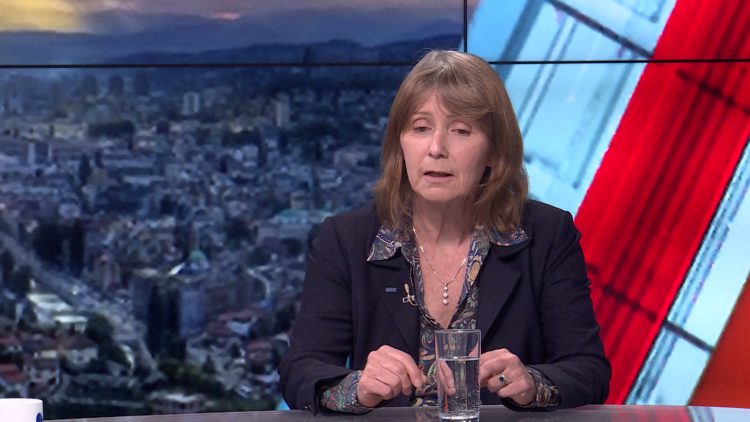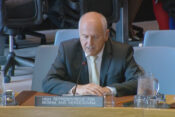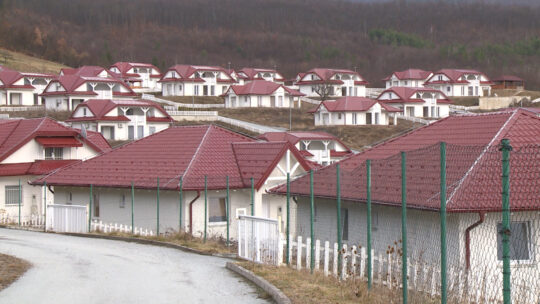
True leaders bring people closer to each other and work on solving the problems of citizens, OSCE Mission Head in Bosnia, Kathleen Kavalec, told N1 on Friday, urging BiH’s political leaders to refrain from using divisive and inflammatory rhetoric.
Kavalec said that a lot has been achieved in Bosnia's peace process in the past 25 years but stressed that there is always more that must be done.
She reminded that Bosnia’s three Presidency members in a joint statement called for respect for all innocent victims of the 1992-1995 war in Bosnia, which she said represents a “good sign,” but noted that “a lot of things are happening in politics every day.”
“Sometimes there is divisive rhetoric, especially in a society that has gone through trauma,” she said, stressing that “such rhetoric is not helpful.”
Kavalec commented recent statements regarding the possibility of a “peaceful dissolution” of Bosnia and Herzegovina, arguing that this represents “an example of rhetoric that is not helpful, is irresponsible and detrimental to mutual trust.”
“It is clear from the Dayton Peace Agreement that BiH is a sovereign, independent state with territorial integrity, and such statements distract from important issues that need to be addressed,” she stressed.
The OSCE Mission Head argued that Bosnia’s citizens want to see an effective fight against the coronavirus pandemic, solutions for economic problems and progress on EU integration.
“The focus should be on solving the real problems of the citizens,” she said.
“It is easy to use the rhetoric of division to attract attention. True leaders bring people together. I would urge leaders to keep that in mind,” she said, adding that BiH voters will have a chance for their voices to be heard in the 2022 general election and “that is why we are focused on elections and electoral reform.”
Kavalec also argued that accepting rulings by international and domestic courts is important for trust in institutions and their integrity, while refusing to do so is detrimental to peace.
“BiH's recovery depends on accepting the facts, respecting the victims,” she said.
This is why the adoption of a law banning genocide denial in the country would improve the situation, she argued.





Kakvo je tvoje mišljenje o ovome?
Budi prvi koji će ostaviti komentar!